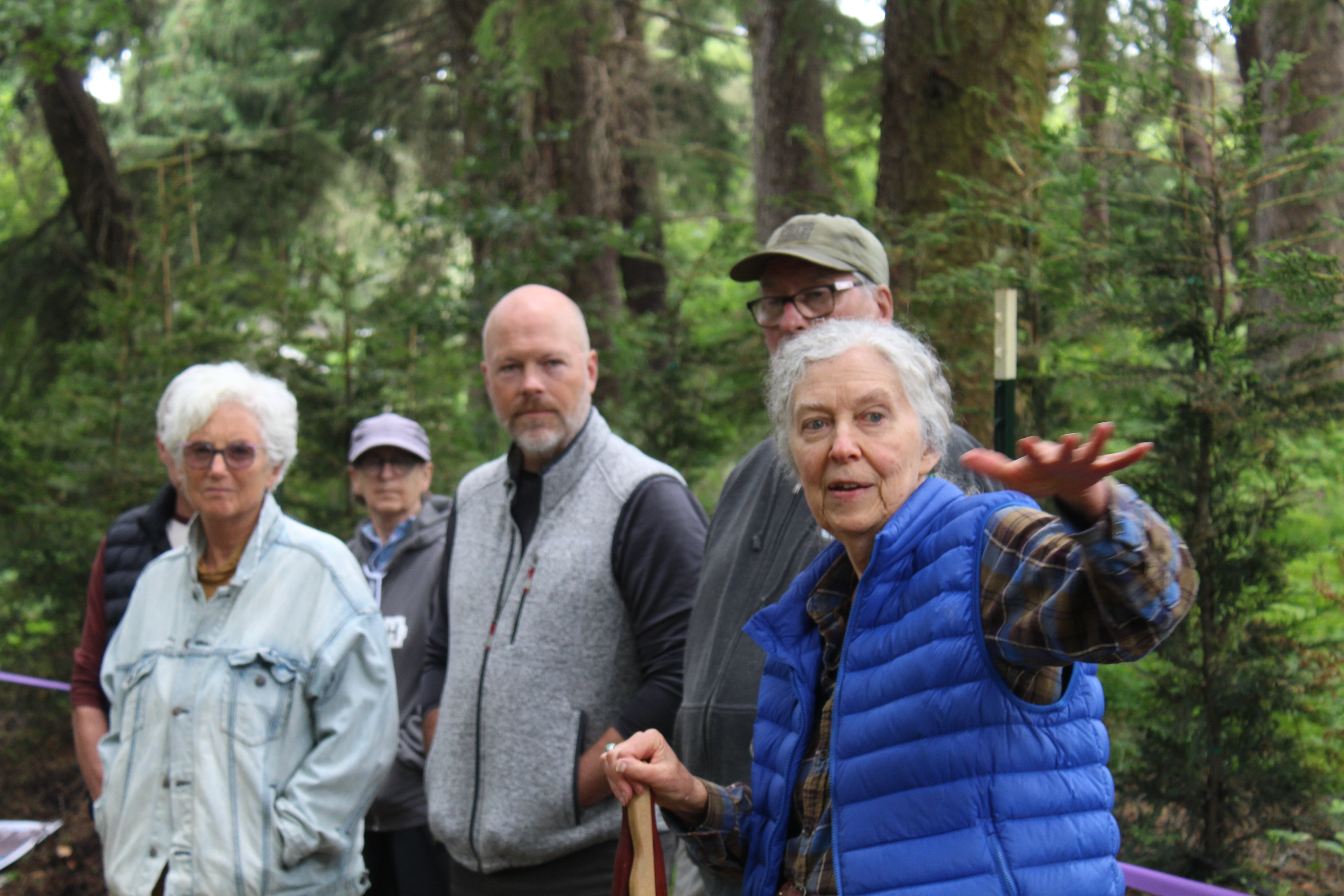Guest Column: America needs more compassion
Published 12:30 am Thursday, September 15, 2022

- Andre Stepankowsky
Years ago, when I taught classes about the history of roses, I told my students a poignant story about a gentleman in old Paris who had a small garden, all of white roses.
Trending
He was a mysterious and eccentric sort, and his neighbors wondered why on warm moonlit nights he talked to those plants. He addressed them by names such as Celeste … Marie … Jeanette. They thought he was mad.
Eventually the story came out that he used his fortune to rescue untold numbers of women from Parisian brothels, finding them legitimate work and even paying for their employment. When each woman was duly reformed, he planted a new white rose, and his garden thus became a planted memory of all the women he had saved from squalor.
We should all be so mad.
Trending
What this gentlemen had in abundance was compassion. And when it comes to American political discourse, there’s precious little of it these days. And that’s why hubris, hate and opportunism have poisoned our political discourse about the homeless, the border problem, abortion and other issues.
Oddly, it often is political extremists who show a lack of compassion. They feel strongly for their own audience, but completely lack empathy for the other side.
Compassion is a word derived from two Latin roots: “pati,” meaning “to suffer,’ and “com,” meaning “with.” So the word literally means “to suffer with.” It’s more than feeling sorry for someone. It also means putting oneself in the shoes of others and helping them, to be sensitive to their distress and help alleviate it.
Calls for compassion are embedded in most religions. It certainly is deeply ingrained in Judeo-Christian faiths. It is at the very heart of the Gospel message, as the parable of the good Samaritan illustrates.
Yet what do we hear today? Immigrants from Latin America and Cuba, seeking asylum and escape from death squads, drug lords and poverty, are spoken of like a kind of vermin, a disease that we must block by erecting walls and institutional barriers. A complete lack of compassion for these people led Trump administration officials to separate thousands of children from their parents at the border. Bureaucrats used kids in a failed, and heartless, attempt to stem the flow of illegal immigration.
While it’s true that the immigration system is broken, both Democratic and Republican administrations have failed to address it. The Biden administration has been slow to enact reforms, likely to avoid being cast as “soft” or indulgent on an issue. Immigration has thus been weaponized. Compassion has been shown the door.
Ditto that for our debates about the homeless, who also are regarded with contempt and dismissed as throwaway people by so many people here and across the nation.
Abortion is one of those issues: Many pro-lifers have no compassion for the victims of rape, incest, medical problems and the economic and personal realities that often drive women to seek abortions. And in vehemently pro-life states — such as Mississippi — voters and lawmakers are unwilling to help care for the mother and child during and after pregnancy. On the other hand, pro-choice advocates show a disturbing lack of concern for the aborted child. I’ve heard some absurdly suggest that abortion is strictly a legal rights issue, not a moral or ethical issue. Come on.
Abortion presents stark choices. However, better understanding — and compassion — for the other side could lead to compromises and legislation that could lower the abortion rate — such as ending late-term abortions (except in medical emergencies), improved pre- and postnatal care and improved sex education and counseling.
A shortage of compassion is contributing to the divisions that threaten our democracy. And the fault lies not just with our politicians, but within ourselves. Democratic government depends on the wisdom and compassion of its citizens.
It’s time for all of us to remember that story about the man who planted white roses.









